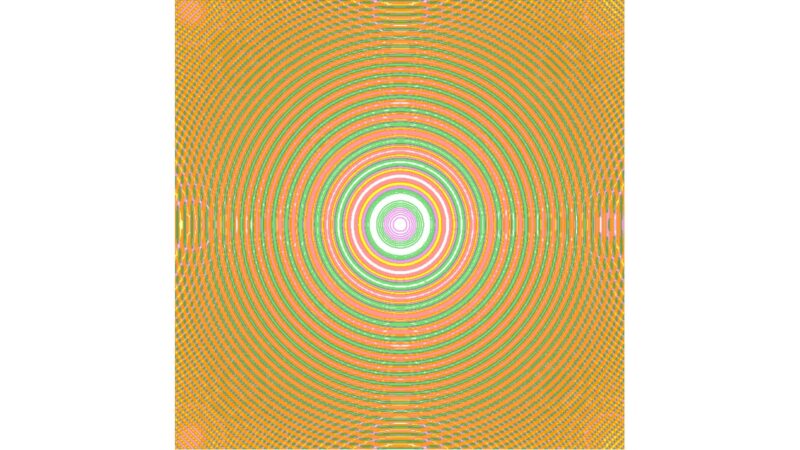We start the year confronting — and confronted by — the centripetal power of whiteness.
Youssef Rakha, a novelist who was born and lives in Egypt, recounts a lifelong journey to forge the “new, contemporary ore” of culture in the aftermath of colonialism. In an essay equal parts a creative and political project, Rakha twins his reflections on witnessing the war in Gaza with his memories of the humiliation his encounters with the West have wrought — and his growing realization that he cannot survive, artistically and literally, in its gaze. “Wherever I am,” he writes, “I live in a world wrought by the West. Life can’t be as meaningful if the West doesn’t give a shit about me. The West doesn’t give a shit about me.”
In Stillwaters, the novelist Magogodi oaMphela Makhene confronts the capture of land and people in a powerful diptych. With lush detail and unforgettable imagery, she writes the raw earth and all that was stolen from it into what would otherwise be an uncomplicated confrontation with a corrupted spoil of colonial past, an idyllic scene on the shores of Stillbai. Then she carries the reader back to her own past — equally corrupted by the original sins of white supremacy, if less often acknowledged.
In this month’s Spotlights selection, from the South African magazine Hotazel Review,
an aging mother lost in her native Turkish struggles to make her cultural world and personal needs legible to the Scottish nurses who care for her in the nursing home in her adopted country. Rachel Nolan, in conversation with Erin Siegal McIntyre, examines the American paternalism embedded in Guatemala’s international adoption industry, unpacking the complicated layers of decision-making “in the best interest of the child” — a mantra that did, indeed, do some good sometimes, and created so much rupture in others. And in a mimetic explosion, after a memorable Robin Williams monologue, Samah Serour Fadil names and renounces the mechanisms of violence wrought in occupation — in this case, in Palestine — and the indifference of the powers that make that violence possible.
Plus arresting new fiction from K-Ming Chang; poetry from Brian Gyamfi, Lena Khalaf Tuffaha, and Natsume Sōseki, in translation by Ryan Choi; a short story from Amanda Dennis; and an unpublished chapter from Aube Rey Lescure’s tour de force debut, River East, River West.
— Jina Moore Ngarambe, editor in chief

